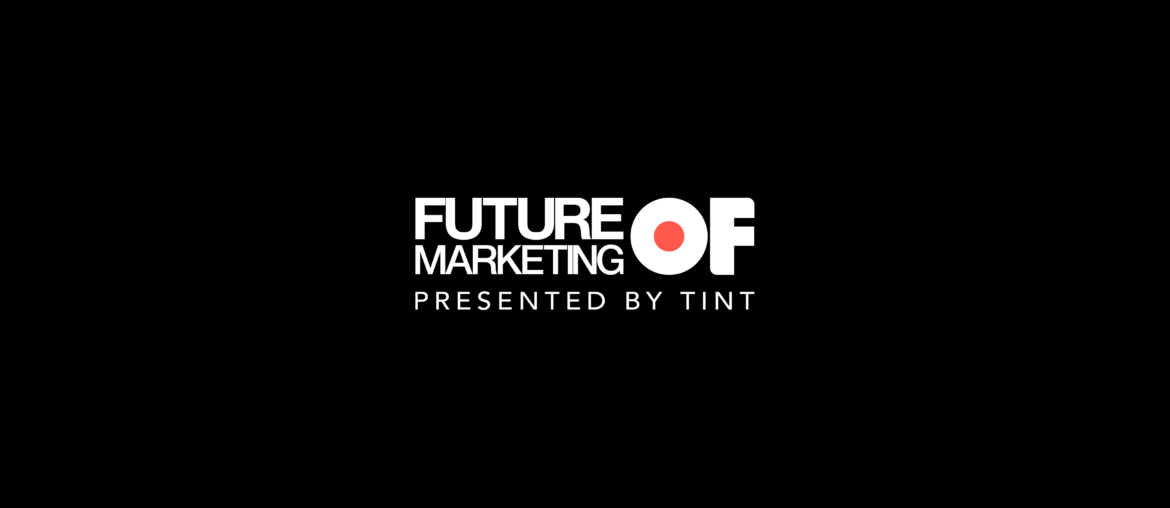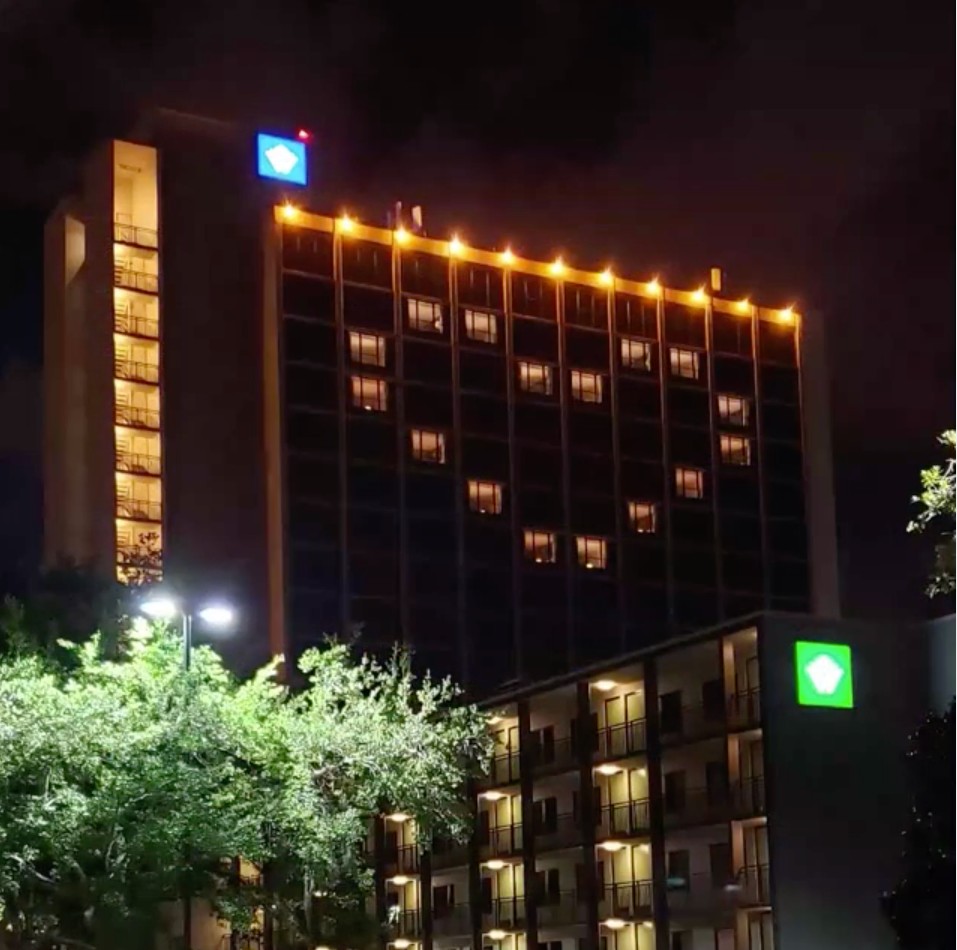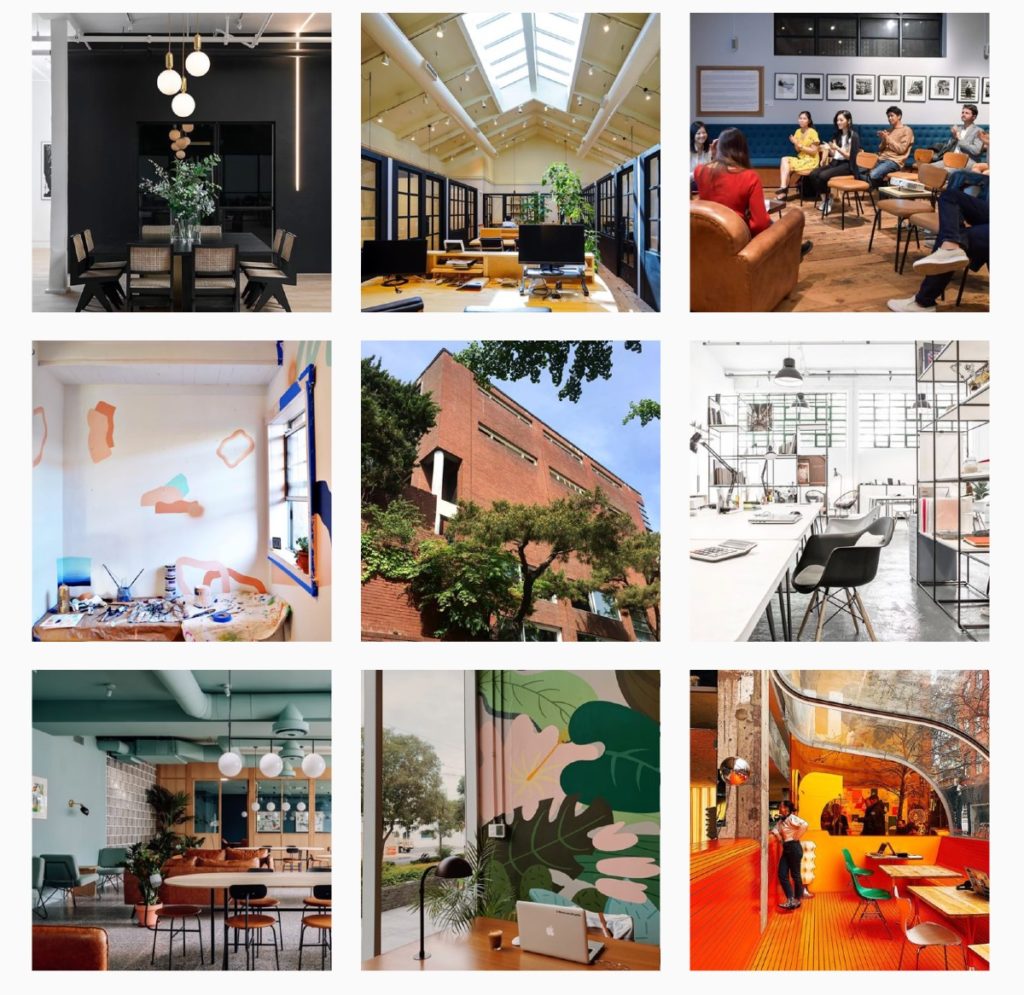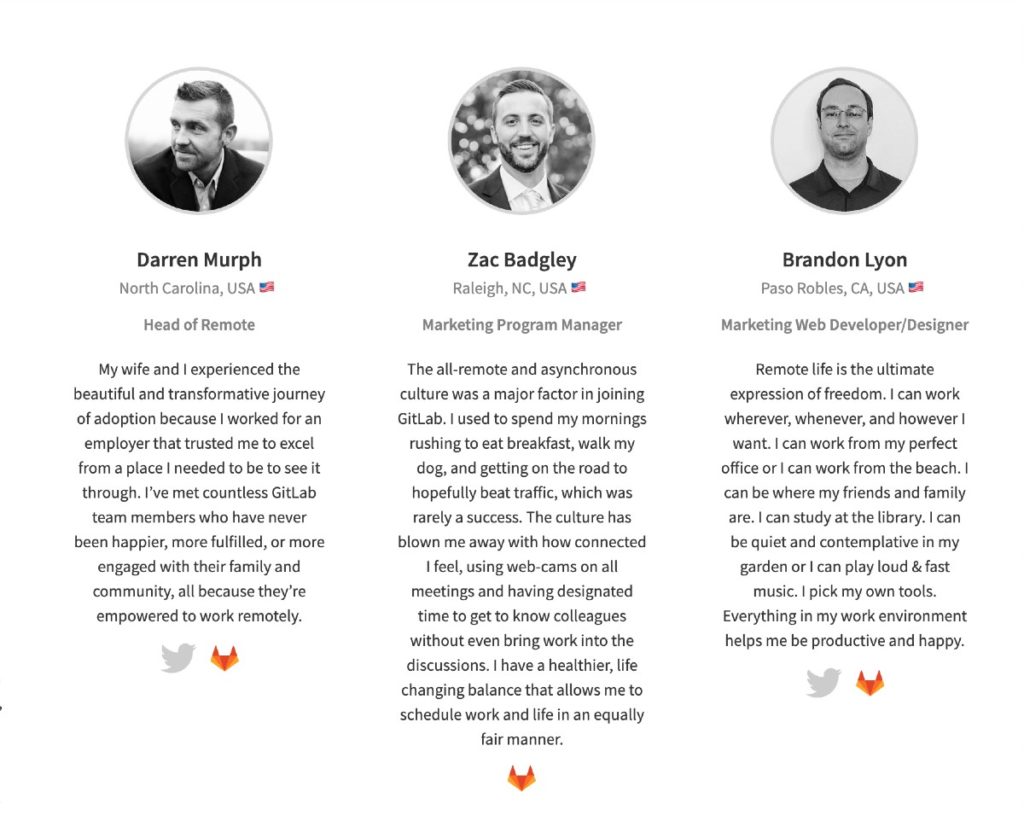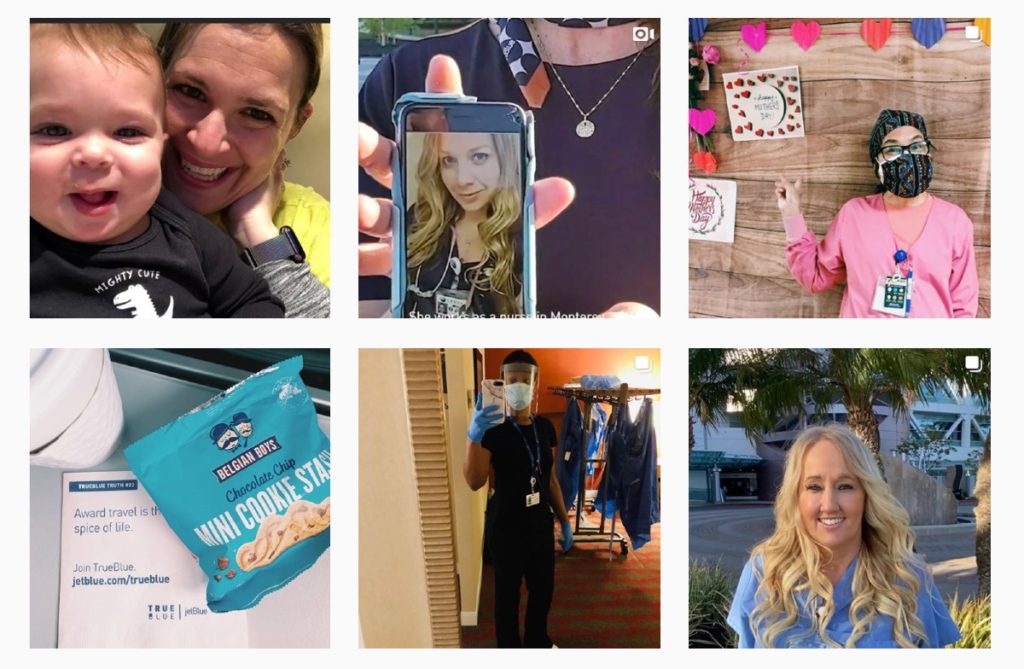This content originally appeared May 14, 2020 as part of the Future of Marketing weekly email series. Subscribe here.
Hotels and offices are nearly empty – yet some are using creativity to carry on. “The desire to travel – to connect and to explore – is deep-seated in the human spirit. Brands that recognize and continue to engage consumers in the midst of growing restlessness will be better positioned to capitalize on the burst in demand when recovery sets in,” shares Carolyn Corda, CMO of Adara.
Hotels and co-working spaces will implement strict sanitary measures and safe-stay promises. And we will see more opportunities for hospitality and commercial real estate brands to develop perks and networking-membership models for traveling professionals.
Survival of the cleanest
Hilton partnered with American Express to donate one million hotel room nights to frontline medical professionals – and also joined forces with Mayo Clinic and RB, maker of Lysol disinfectants, to develop new cleaning protocols as social distancing restrictions ease. “There’s always been an expectation that it would be clean, but now the clean has a double exclamation point after it,” states Phil Cordell, Hilton SVP and Global Head of New Brand Development.
Wyndham launched #EverydayHeroes to honor essential workers and is already planning a new campaign – Count on Us – for the near future. Intercontinental Hotels Group (IHG) is asking hoteliers to turn on their lights to support #LightsOfLove. And the American Hotel Lodging Association is bringing the industry together with #takemeback – a campaign inviting social media users to share their favorite travel experiences and hotel visits.
Meanwhile, Hyatt and American Airlines are working together to give thousands of NYC frontline workers free vacations. As a thank you, 4,000 heroes will receive round-trip flights on American Airlines to Hyatt hotels in select destinations across the United States and Caribbean. Both companies are also encouraging rewards members to donate their travel miles and hotel perks to first responders at Hyatt.com/thankyou and AA.com.
Domestic travel will help fuel the recovery, but prioritizing cleanliness and the guest experience will be necessary for hospitality brands to regain consumer trust (and competitive advantage).
‘Co-working’ real estate
The paradox of remote work is that people crave flexibility yet understand that being around others fosters collaborative thinking. In 2019, co-working spaces were predicted to surge by 40% globally. The digital nomad lifestyle was also gaining popularity – with ‘extreme remote workers’ sharing their #laptoplifestyle, exotic Airbnbs, and unique #coworkingspace.
WeWork created a video with user-generated recordings by their team in support of frontline workers. The company also launched a section sharing WeWork’s response to reopening business, including re-designed air filtration systems, sanitization areas, and protecting personal space.
“Air purification, cleaning protocols, aromatherapies, lighting, and water filtration have been becoming brand standards for us for a while, and we’re continuing to innovate in this area,” shares real estate developer, Kodsi.
As remote work becomes more accessible, the hospitality and commercial real estate industries face a unique opportunity to revisit their strategies and create new services and experiences for guests.
Restructuring the office
Gallup found that nearly 60 percent of Americans working from home would prefer to work remotely “as much as possible” after restrictions are lifted, with 40 percent preferring to return to the workplace. Google and Facebook, announced that their employees can work remotely until the end of 2020 while Twitter says that employees can work from home “forever.”
GitLab is highlighting all-remote stories by their employees on-site, and Airbnb launched a Talent Directory to highlight furloughed staff and the projects they worked on – encouraging companies to hire from their pool of talent.
“We’re going to see an ability to go into the office to collaborate and so forth. People are going to be more spread out. Space is going to be less densely used. We’re going to have to see what that means for office space,” stated Bob Sulentic, CEO of CBRE. In-home offices will increase due to various motivating factors – less overhead, minimal commutes, more access to global talent, and increased control over our lifestyles.
#BrandCrush: JetBlue
JetBlue launched #JetBlueHealthcareHero to honor 100,000 healthcare workers with roundtrip flights for two to anywhere the airline flies “when the time is right.” The airline invites people to nominate frontline workers – including doctors, nurses, therapists, social workers – for the chance to win a flight certificate.
To kick-off the program, JetBlue is donating 10,000 pairs of round-trip flights to healthcare workers in NYC. The airline is also giving 23,000 of its crew members round-trip flight certificates to gift to healthcare workers they know.
On May 7, JetBlue celebrated the #ClapBecauseWeCare movement from the skies with a three aircraft, low-altitude flyover above New York City. The flyover honored the Fire Department of New York (FDNY), New York Police Department (NYPD), and NYC residents.
